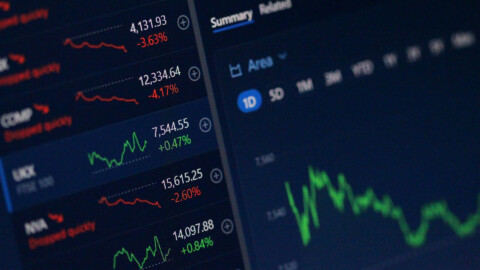Inflation falling is welcome news for business
West & North Yorkshire Chamber of Commerce today welcomes the news that inflation has fallen to 3.4 per cent.
Official figures from the Office for National Statistics show that the CPI rate declined from 4 per cent and is now at its lowest level for close to two and half years.
Mark Casci, head of policy and representation at West & North Yorkshire Chamber, said: “This latest decline in inflation will be welcome news to businesses who have faced a torrid period of rising costs.
“The easing of the CPI rate to 3.4 per cent shows inflation is going in the right direction. However there is still some way to go before it drops below the two per cent target level.
“Whilst this development is of course welcome, businesses still face great uncertainties and challenges, both at home from high interest rates and pay settlements, and abroad from geopolitical uncertainty.
“Work still needs to be done to improve our infrastructure, enable easier trading with the EU and to upskill our workforce.”

David Bharier, Head of Research at the British Chambers of Commerce, said: “Today’s easing of the CPI rate to 3.4% will give businesses and consumers some sense of relief. At 4.5%, core inflation has also slowed, and the producer price index for input costs remains negative at –2.7%.
“These positive trends were to be expected as many of the key drivers have begun to fall away.
“However, we are now two years into this inflation shock and prices have simply stabilised at a much higher level. Uncertainty for businesses remains high. Further rises in the minimum wage are likely to impact pay differentials, and the ongoing crisis in Gaza, alongside shipping disruption in the Red Sea, is a source of great instability.
“It is also a concern that the owner occupiers’ housing (OOH) component of CPIH has risen by 6.0%, indicating the adverse impact of higher interest rates. This measure is likely to be exacerbated by further council tax rises.
“The fundamental issues for SMEs still remain – skills shortages, a lack of infrastructure investment, and trade barriers, particularly with the EU, which all feed into GDP growth expectations of less than 1% for the coming years.”








